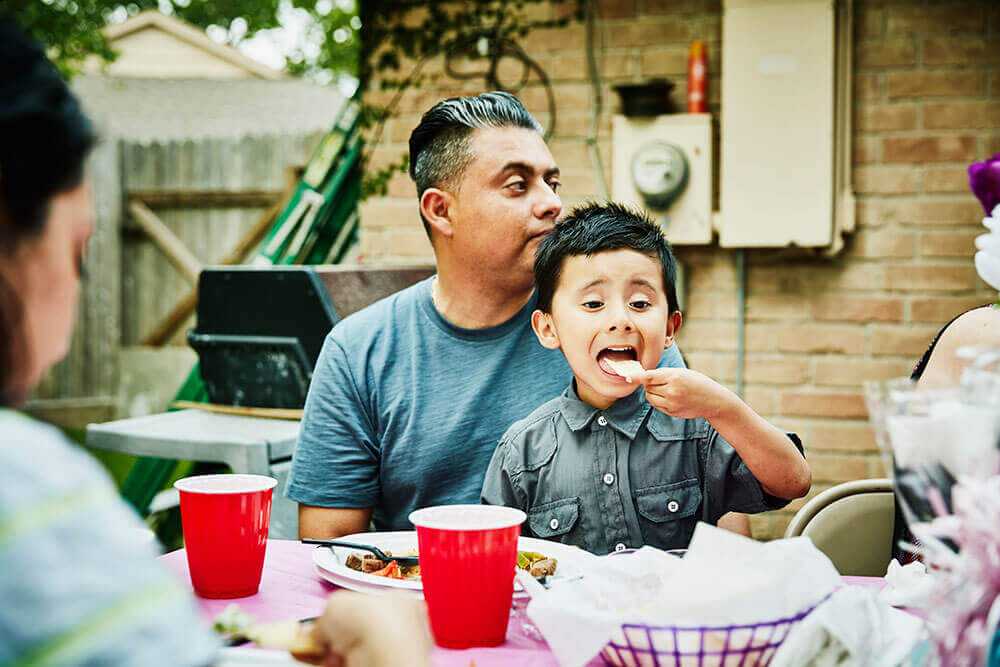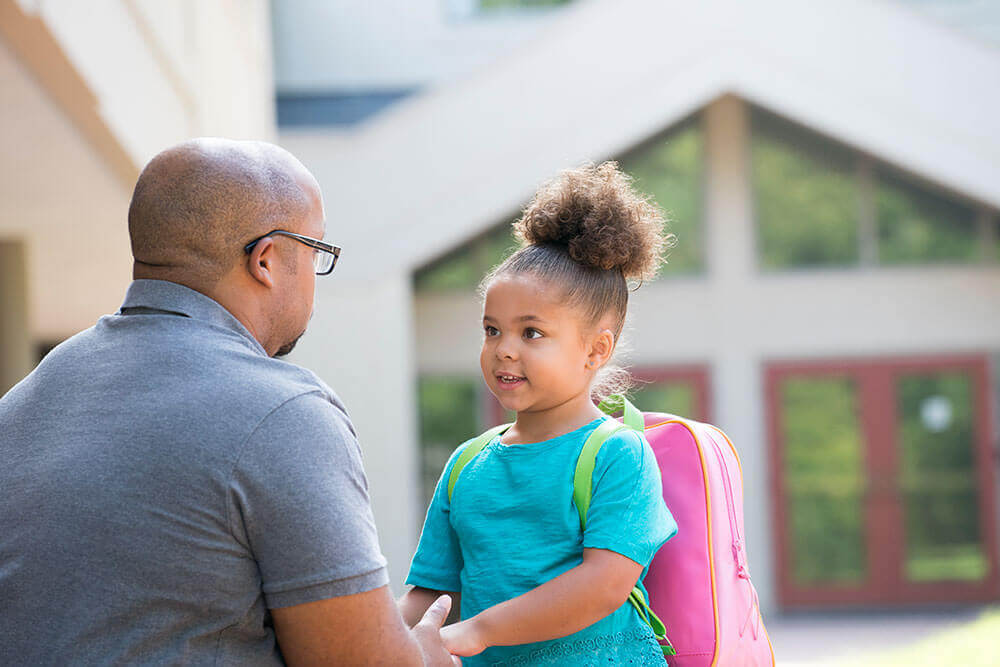Looking back, Alma is thankful for the night 15 years ago when DCFS stepped into her life the night she went into labor at a local Los Angeles hospital.
“DCFS doesn’t get involved because they want to ruin your life. They want to see happy, healthy and safe children and families.”
Testing positive for meth and alcohol, DCFS wanted to ensure the well-being of Alma’s children and the well-being of Alma, which resulted in the removal of all six of her children.
“Their involvement forced me to make a U-turn in my life. I loved my kids too much to not make the changes. DCFS put forward the resources, and I had to make sure that I put in the work.”
After a serious commitment and change of lifestyle, Alma was able to be reunited with all six of her children one by one, starting with her baby. She takes everything she learned from her parenting classes to recommended reading and applies it to help in her daily life.
“I look at how far I’ve come, and I’m proud of myself and of my kids. I’m a healthy mom and grandma now. I don’t respond in anger and violence. I’m not addicted to drugs anymore. That’s huge, and I’m so happy that I’ve been able to get this far.”
Alma became a Parent in Partnership (PIP), and has been helping other families who are currently under DCFS care. As a PIP for the past five years, Alma has seen all the families that have gone through similar struggles be reunited with their children.
“I remember the help of my social worker, and how she pushed me to keep going when I wanted to give up. Now, I get to be transparent with the hardships in being reunited with your kids with the parents I get to mentor. It’s hard work, but it’s beautiful when you reach the finish line.”
*In order to protect the anonymity and privacy of our families, names have been changed and photos are randomized.




